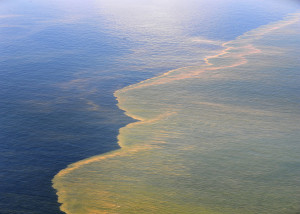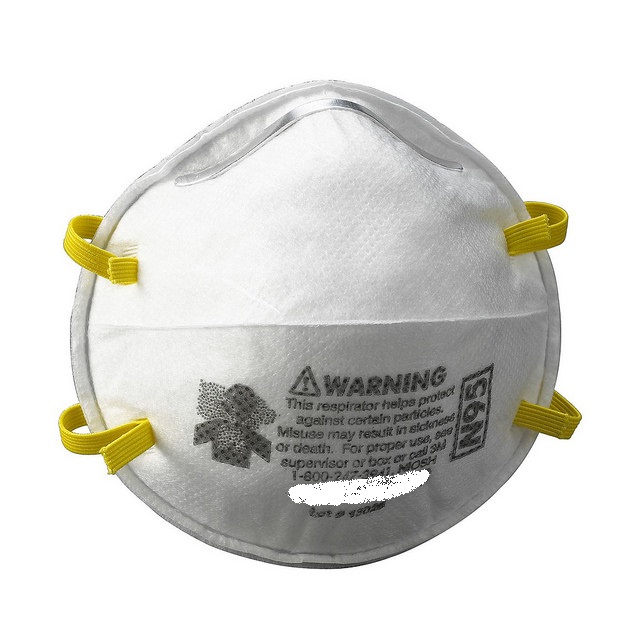Devastating Oil Spills of the Century

Oil spills has been a prevalent problem since long which the world has been trying to deal with. A result of human negligence or accidents near the coast, sea, lake or river these oil spills have a devastating impact on the associated fragile ecosystem. Sunken, stranded vessels having oil on board too often contribute to the problem. The oil just doesn’t harm because of its toxic constituents but also harm due to the coating on the fishes and birds which hence become incapable of keeping themselves warm. The ingestion of the oil or external exposure to oil also greatly impacts the fishes, birds and mammals. The oil is also known to pose grave problems for the coral reefs and mangroves. Different types of oil behave differently and it is this that is the guiding force to see the potential impact of an oil spill. Oil can be classified as below-
- Very light oils like gasoline, jet fuel – It is the highly volatile type of oil with high toxin concentration and localized in nature with no proper cleanup measures possible.
- Light oils like light crudes, diesel – They are the moderately volatile oils with moderate toxin concentration and can be effectively cleaned.
- Medium oil (most of the crude oils) – They can be effectively cleaned up if the problem is approached immediately else it may greatly impact the fur bearing mammals. They have considerably low volatility with only one-third evaporating in 24 hours in comparison to very light oils which take 1-2 days for complete evaporation.
- Heavy oils like Bunker C, heavy crude oil – They have negligible dissolution and evaporation and have impacts over a larger time scale as it weathers slowly and hence shoreline cleansing contaminated by heavy oil is difficult under most conditions.
The light oils though usually don’t remain in the ecosystem for long but are highly toxic and often have the tendency to get ignited, on the other hand the heavy oils though are persistent in nature but are comparatively less toxic and the main problem associated to it is hypothermia, which means the birds and mammals die, as they lose their ability to keep themselves warm. The most devastating oil spills witnessed in the history of the world can be listed as below.
- The Torrey Canyon Oil Spill – The oil spill that happened on March 18, 1967 is one of the major oil spills in the history caused due to the spillage of around 25-36 million gallons of oil as the supertanker known as Torrey canyon hit the reef at the coast of cornwall. The oil slick resulting from the spill covered about an area of 270 square miles adversely affecting innumerable aquatic animals and about 15 thousand sea birds. Due to the failure of cleansing by the use of solvent based cleanser the strategy developed to deal with the problem was to burn away the oil covering the surface by dropping bombs which too affected the environment adversely.
- The Sea Star Oil Spill – This accident took place on December 19, 1972 near Gulf of Oman as the South Korean supertanker, Sea Star clashed into the Brazilian tanker known as the Horta Barbosa spilling almost 35.3 million gallons of oil. The Horta Barbosa caught fire which was extinguished in a day while Sea star sank within five days of the collision.
- Odyssey Oil Spill – This incident took place in Canada, off the coast of Nova Scotia on November 10, 1988 spreading about 40.7 million gallons of oil. No cleaning efforts were made as it didn’t reach the nearest shoreline. The oil spill significantly harmed the krill population and also disrupted the food chain.
- M/T Haven Tanker Oil Spill – The oil tanker exploded due to its poor state of repair on April 11, 1991 and then eventually sank near Genoa in Italy leaking almost 45 million gallons of oil which continued for almost 12 years. It was supposedly one of the biggest oil spills of the Mediterranean sea and adversely impacted the whole ecosystem.
- ABT Summer Oil Spill – The explosion of the ship at about 700 nautical miles from the coast of Angola on May 28, 1991 discharged about 51 to 81 million gallons of oil. A large area of 80 square miles was covered under slick as a result of the incident.
- Kolva River Oil Spill – This incident that took place way back in 1983 on August 6 was again a result of human negligence. The incident took place in Russia when a dike having huge amount of accumulated oil collapsed due to sudden cold weather releasing almost 84 million gallons of oil hence polluting the streams and marshland.
- Atlantic Empress Oil Spill – The incident took place on19th July, 1979 gushing out almost 90 million gallons of oil off the coast of Trinidad and Tobago as the Greek tanker got caught in a tropical storm and collided with Aegean Captain. The oil tanker leaked oil on its way as it was towed until it sunk on the August 3rd.
- Ixtoc 1 Oil Spill – Almost 140 million gallons of oil spilled over a year since June 3, 1979 when the accident took place near Bay of Campeche off Ciudad del Carmen in Mexico, when a blowout occurred during the drilling of an oil well causing the rig to collapse until a year when it was successfully capped.
- Gulf Oil Spill – The incident that took place on April 22nd in 2010 is the biggest accidental oil spill in the world history. The oil spill took place due to unsuccessful attempts to plug the oil well that blew out below the surface of the Gulf of Mexico and spurted out about 206 million gallons of oil at the rate of 2.5 million gallons per day continuously for about 85 days until it was capped on 15th July, 2010. The oil spill had disastrous impacts on the marine life and sea birds and the ecosystem as a whole whose impacts could not be accounted for.
- Arabian Gulf/Kuwait Oil Spill – This deliberate oil spill during the gulf war was one of the worst oil spill incident of the century. The incident that took place on January 19, 1991 caused the spillage of 380-520 million gallons of oil that spread over an area of 4,000 square miles and resulted in a 4 –inch thick oil slick in the Persian Gulf greatly impacting the ecosystem.
A lot of these oil spill incidents that took the world by storm had ravaging impacts on the fragile ecosystem that supported a lot of biodiversity. The oil spills adversely affect the seabirds and sea otters which need to be rehabilitated and given proper treatment. Better preparedness is hence required for incidents like these. Green products like shellbond can be used to deal with the problem. Oil degrades on its own by various weathering processes like dispersion, dissolution, emulsification, etc. but these process of biodegradation can be hastened by means of new age techniques like bioremediation and phytoremediation to ensure a quicker response and a more effective treatment of the oil slick covering the water-body and the shore.
Reference:
http://www.ceoe.udel.edu/oilspill/cleanup.html
http://www.mnn.com/earth-matters/wilderness-resources/stories/the-13-largest-oil-spills-in-history
http://response.restoration.noaa.gov/oil-and-chemical-spills/oil-spills/how-oil-harms-animals-and-plants-marine-environments.html
http://response.restoration.noaa.gov/oil-and-chemical-spills/oil-spills
http://response.restoration.noaa.gov/oil-and-chemical-spills/oil-spills/oil-types.html
http://www.itopf.com/knowledge-resources/documents-guides/environmental-effects/
http://www.joyeresearchgroup.uga.edu/public-outreach/marine-oil-spills/other-spills/sea-star
http://joyeresearchgroup.uga.edu/public-outreach/marine-oil-spills/other-spills/odyssey


